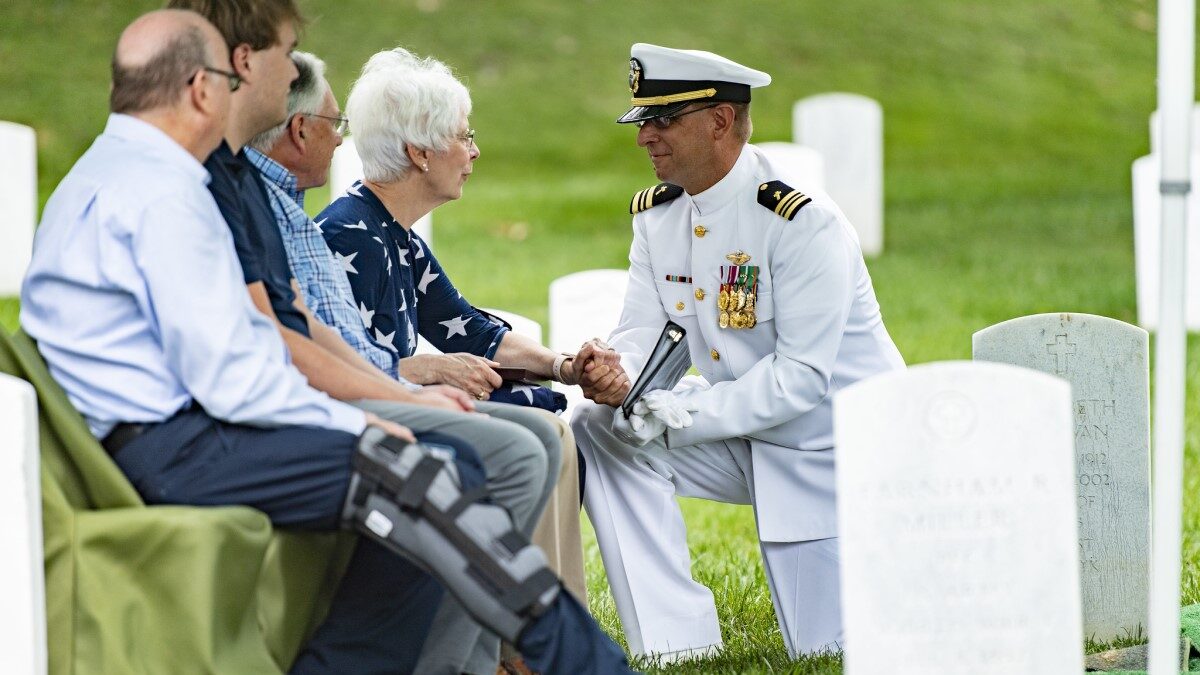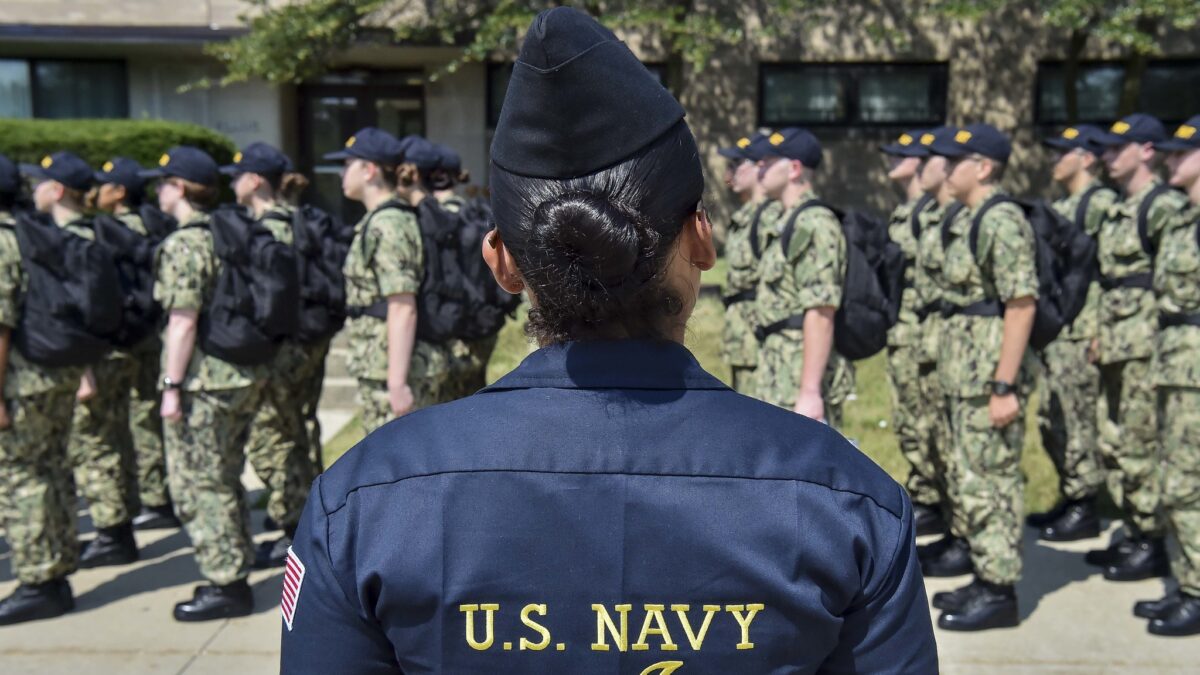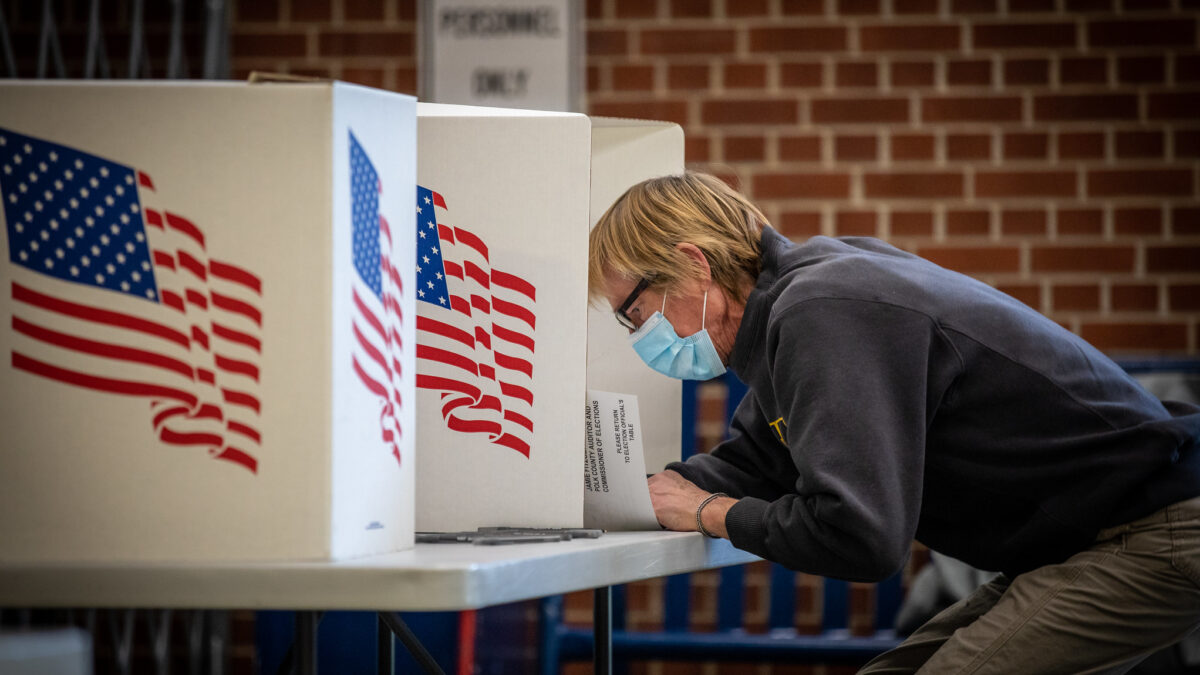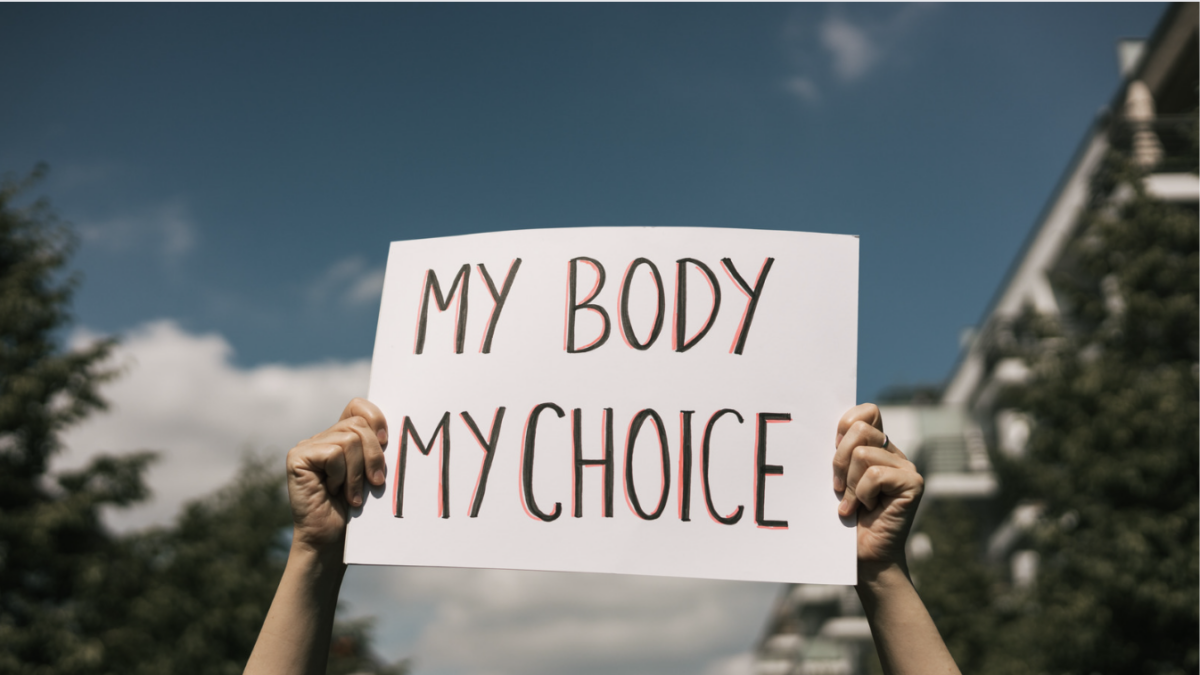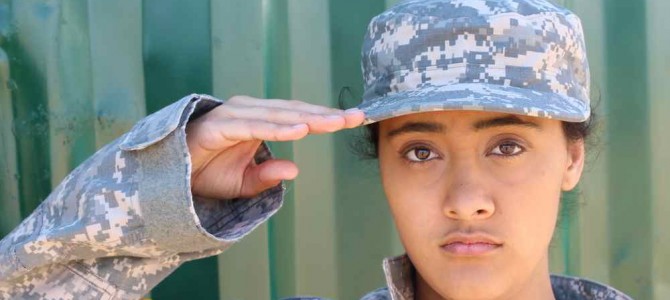
I ultimately voted today for the National Defense Authorization Act because it’s important we authorize this national spending necessity. Defense as a percentage of GDP has slipped from about 9 percent of gross domestic product when I was born in 1960 to roughly 3 percent today.
It had to come down from the big numbers we saw in the wake of World War II (when we were fighting for our very survival as a nation), but many experts argue our numbers are too low today. At a minimum, it’s important we authorize the spending we do have so that procurement, research, and a host of other long-term projects stay on track.
That’s the good news. The bad is that there were many wrongs tucked into this bill. It continued to use wartime contingency funds for recurring operations. It had tucked into its pages an earmark for New Balance shoes. One size never fits all, but this bill had an earmark that would eliminate a new recruit’s current ability to pick the shoe that works for him or her in basic training and instead replace it with a shoe picked by politicians in Washington.
I could go on, but I write to highlight what I think will be the most damaging part of the bill: codification of another Obama administration mandate. In the spring, Defense Secretary Ash Carter made women eligible for combat roles, and this was supposedly about equality. This bill goes a step further and makes it law that woman will be preferentially treated by exempting them from the draft. Doing so is not good for morale and in turn readiness, because troops know you can’t have it both ways in life. Either we are all on the team together and treated equally, or we are not.
If You Want to Treat Women Like Men, Do It All the Way
I said in February that the secretary of defense’s new policy of opening front-line combat roles to women would unleash political forces that in the end would make our military weaker. All this could have been avoided if we had been allowed a national debate, but the administration rushed to stack up perceived political wins while it could — and so we are where we are.
What happened in this bill is the first of many inconsistencies that will come to weaken one of our military’s real strengths: its leadership as an institution in treating people equally as it focuses on but one outcome—the defense of our nation. It needs to be remembered that six years before Brown vs. Board of Education, the armed forces had already been desegregated.
Actions like this and its focus on equality of opportunity have something to do with Gallup polls showing our military as the most respected of American institutions. At a common sense level, we all know camaraderie and esprit de corps only come when people feel like they are on an even playing field.
The bill creates a daring double standard. Women are now eligible for combat roles but not the draft. It codifies the draft for men but not for women at the very time women are now eligible for combat roles. How is this equal?
National Defense Is Not a Social Experiment
The Obama administration has been deadly silent on the issue of women being forced into the Selective Service System and future drafts, but this is precisely where their action would always lead. They have been joined in silence by most in Washington, and the bill codified this silence. But it won’t end here. We need a robust conversation, because you can’t have a military fully open to women without a Selective Service System also fully open to women.
The administration has not said a word about the linkage, but in 1981, the Supreme Court ruled that a male-only draft was constitutional only because women were banned from combat jobs.
To be clear, I’m not a fan of women in a draft or being a part of Seal Team 6. I just think we should offer equal roads to getting to the Seal unit, if billets are open to men and women. Our nation asks people in the elite units to do remarkably rugged things that pose serious physical challenges. In hand-to-hand combat with a unit’s survival hanging in the balance, I don’t think it’s a good idea for a Russian commando to prevail over one member of a small squad, but all this is a debate for another day.
The debate that needs to come in the wake of this bill is how we reconcile equality of opportunity in the military with people in this bill being treated quite differently. Our nation’s defense is not a social experiment. Lives hang in the balance. For the sake of morale, which is so important to what makes our military strong, it’s important we circle back on the draft issue this coming year.




